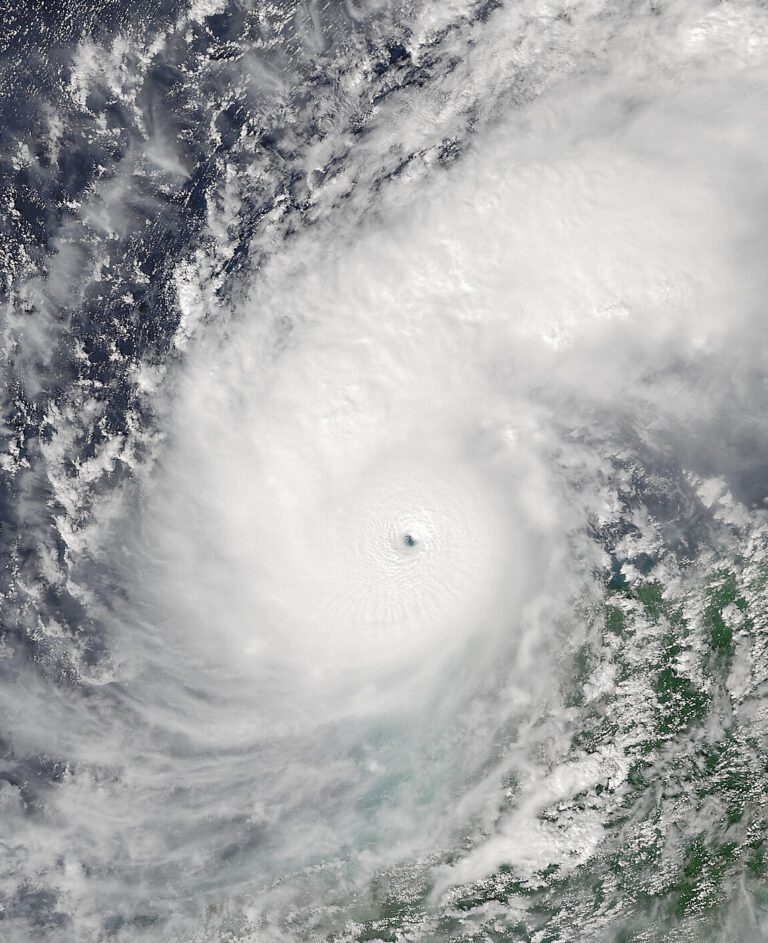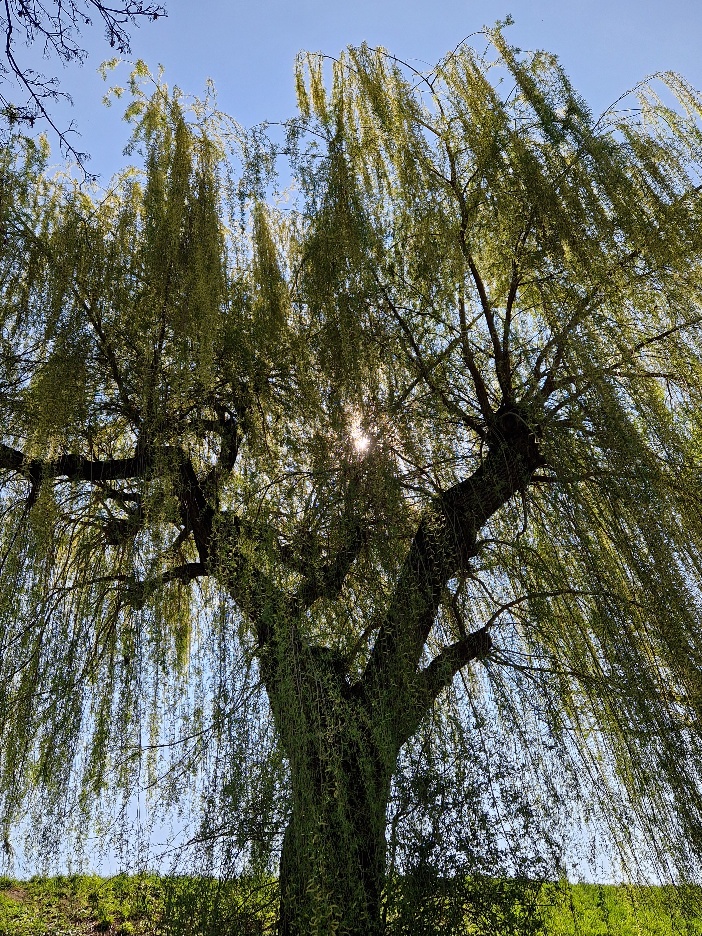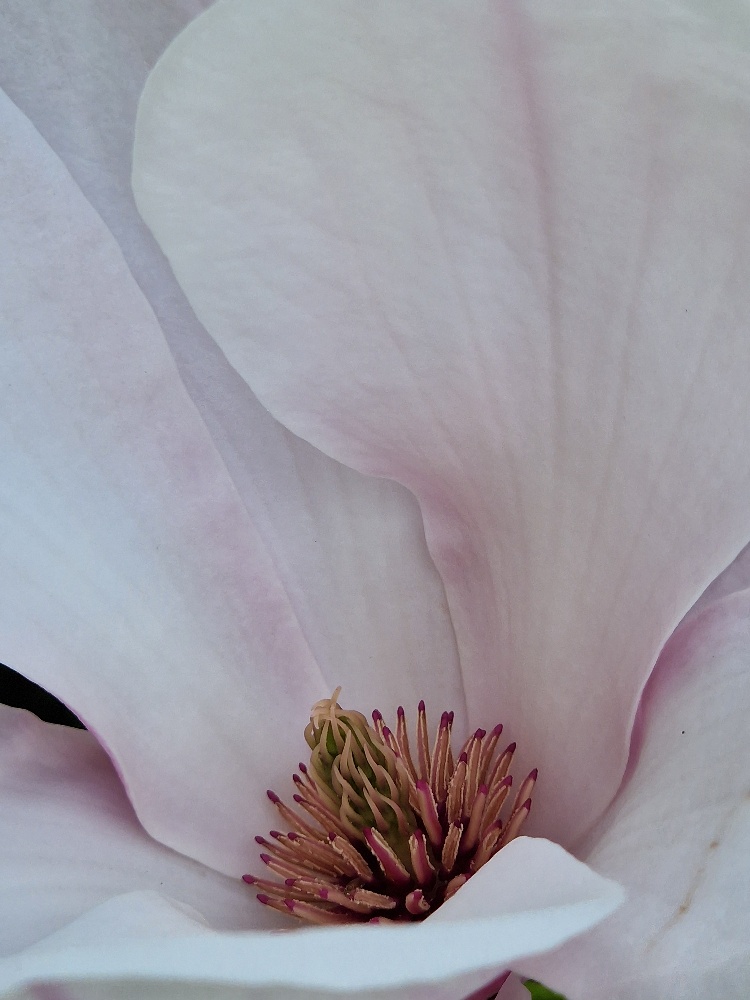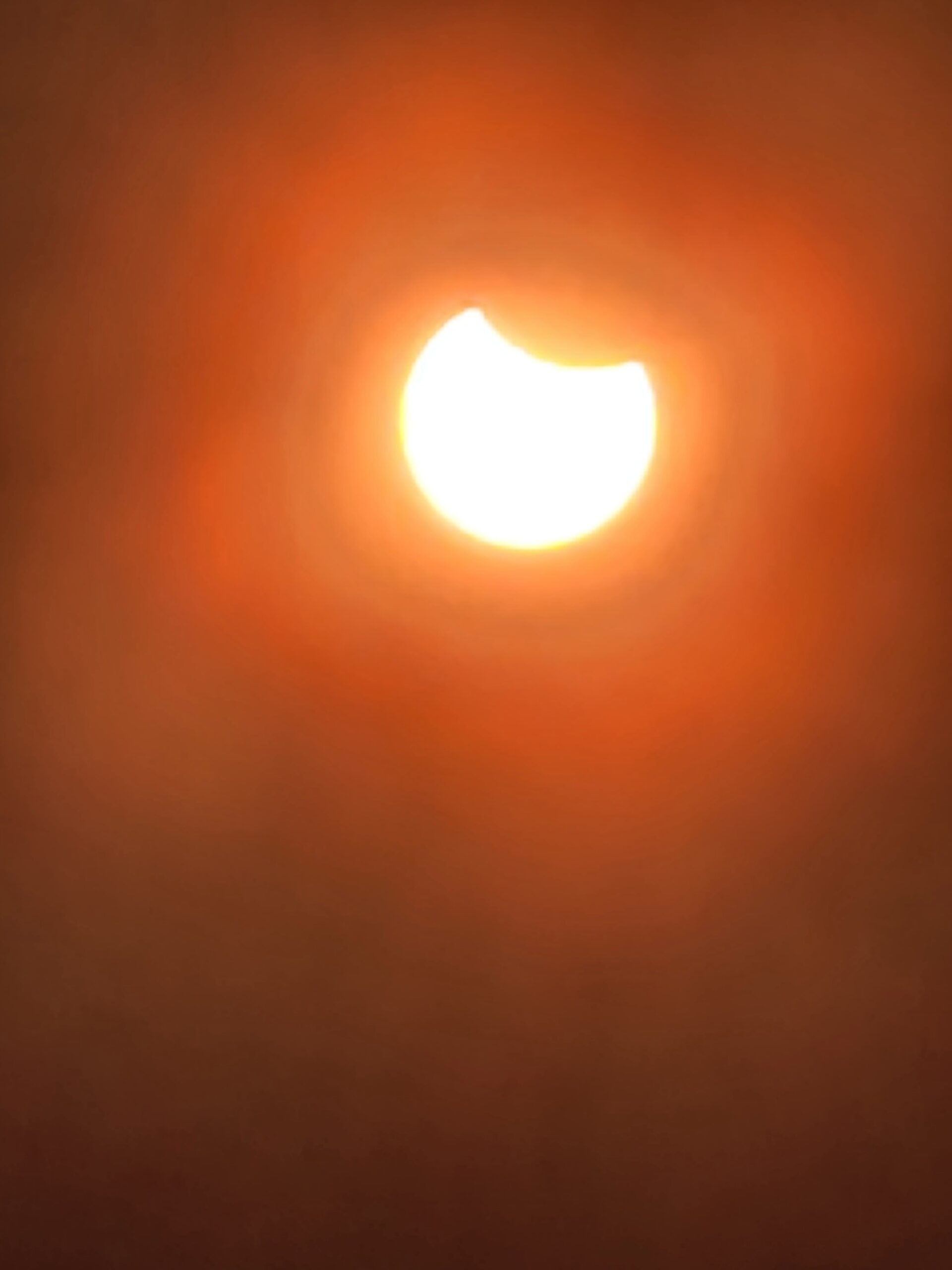For here
Am I sitting in a tin can
Far above the world
Planet Earth is blue
And there’s nothing I can do…
David Bowie, Space Oddity
Don’t despair: despair suggests you are in total control and know what is coming. You don’t – surrender to events with hope.
Alain de Botton
Probably the wisest words that were ever uttered to me came from a therapist. I was sitting in her office, crying my eyes out… and she said, „So let me get this straight. You base your personal happiness on things entirely out of your control.”
Laura Munson
The Controller Saboteur’s lie is that we are either in control or out of control.
Shirzad Chamine, Positive Intelligence
Over the past weeks and months of natural and human-induced disasters, many have come face to face with how little control we have over Mother Nature or the vagaries of the human condition. Things we thought could never happen to us suddenly force us to evacuate our homes, some for the first time, some for the fifth time or more. This is true in places as far apart as Florida, Gaza, Northern Israel, and Lebanon. Life gets turned on its head from one day to the next. We encounter unmanageability in its most extreme form.
To paraphrase the first of the Twelve Steps: We admitted we were powerless over our condition and now come face to face with life’s unmanageability.
In the beautiful book, `Divine Therapy & Addiction´, Thomas Keating states: Whether you are recovering from alcohol or just from the human condition, everybody is called to recover from something. Sometimes it is just plain childhood. No matter how wonderful our parents, there is always a problem with the child’s perception of being left out, or not getting enough credit, or not being loved enough, or not (receiving) enough attention. This creates needs for compensation and that is something that begins the addictive process.
What appeals to me here is the clarity and simplicity of the analysis. There is no perfect childhood. We all experience adversity and have our hearts broken. We invariably adopt survival strategies to compensate, to overcome the `dis-illusion-ment´, the fall from grace.
These adaptations, while representing the key to survival beyond childhood, often subsequently embed themselves and morph into runaway trains, threatening our individual and collective harmony, if not checked and remediated. For some, this correction may never happen. In cases where it does, it is usually the product of some mid life crisis.
The process of adopting survival strategies could also be called the development of the false self. We feel we need this false self to counter the frustration of the child’s unmet instinctual needs, the need for security and survival, approval, affection, and esteem, and power and control, which leaves deep wounds in its wake.
In the Positive Intelligence (PQ) Mental Fitness modality, these strategies manifest in the efforts of our fear-based Saboteurs to keep us safe. Each Saboteur is a facet of our self will. As toddlers we have not yet been able to zoom out and develop the capacity to see our place in the bigger scheme of things.
One key element of my adaptation was the early decision to get control over my life and to maintain it at all costs. Working assiduously with the Universal Saboteur, – the Judge (Inner Critic), – the Controller has been one of the main driving forces of my survival strategy since the very early days.
It is amazing how the mind can create and develop fealty to the narrative of its own subjective parallel universe, despite repeated signals that it is deeply erroneous. The whole concept of control is an illusion. Yet we keep this truth under wraps for long stretches of our lives as we move forward in autopilot.
Only when we experience setbacks, – a loved one dies, a partner leaves us, our career plans crash, a book manuscript is rejected, an illness or accident knocks on the door, or we find ourselves in the grip of an addictive dynamic we cannot escape, etc. – are we summarily awakened to the reality of the unmanageability of life.
As soon as the heat of suffering wanes, however, we may quickly slip back into the groove of illusion and denial. The belief that we have this under control often reasserts itself!
With sufficient disillusionment we may come to the following conclusion: We cannot control what happens to us, but we can control our attitude and response toward what happens, and in that, we will learn to embrace the transience of life rather than allowing it to torture us by keeping us in the grip of fear. This is where the establishment and maintenance of a life-long Mental Fitness practice is indispensable.
`Hitting bottom´ is the term used to describe that point when we recognise we are caught in a destructive trap that we cannot, by our efforts alone, spring. No amount of will power is sufficient to break free. Only surrender and subsequently tapping into a different quality of power can restore us to health. This is a humiliating experience for the ego, which will pull out all the stops to prevent us from venturing beyond the familiar, even if remaining stuck would cost us our lives.
The word `response´ has a special place in the pantheon of my favourite words. It is also found in the term `responsibility´, which translates as `my answer to life’s call´ (as opposed to `burden´, which was my experience of this term in childhood). Responding is very different to reacting.
Responding comes from a place of awareness whereas reacting is more of a reflex pattern of thinking, feeling, or acting, driven by unconscious factors. We have access to two types of fuel: Fear and love. Reaction is fuelled by fear, response by love. Mental Fitness establishes our capacity to make the shift as a conscious decision, with sufficient practice, ideally in real time.
The progression is one from being unconscious about what we are unconscious about, to being conscious of what we are unconscious about, to bringing more and more of the light of awareness into that of which we are unconscious, and finally rewiring our brains, through regular practice, for new ways of thinking, feeling, and behaving.
In today’s vernacular we refer to the shadow and mindfulness. The shadow designates our blind spots. Awareness is a state which can be cultivated over time, by means of practice. Responding to life, rather than reacting, is a clear indication that we have surmounted autopilot, at least for the time being.
This brings me back to the topic of control. I have developed deep compassion for the young child in me who decided to bring and keep life under control. As a sensitive, tender young lad, I found the chaos and stress of my childhood surroundings overwhelming.
This manifested, over long period, in daily panic attacks while trying to fall asleep at night. There was never the space or receptivity to communicate or work through these experiences with my parents or other caregivers. The need for compensation began to grow.
I resolved to shape my life such that I would never have to re-experience this unbearable state, starting as soon as possible. That was the beginning of the addictive process. Intoxication offered itself as a solution. Initially, it worked. Over time it proved to be a corrupted spiritual search.
A man takes a drink,
A drink takes a drink,
A drink takes a man.
Three decades later I experienced a moment of grace which plucked me out of active substance addiction and placed me on the road of recovery, which I have been trudging now for over twenty years. It is by no means a linear path, more of a spiral, with many twists and turns, periods of progress and regression, moving forward, sidewards, and sometimes backwards. With each new iteration, untended wounds and unfinished business beckon to be attended to at ever deeper levels.
There are many pilgrims on this path, spread throughout the world. Recovery is a collaborative experience. Without my fellow pilgrims, it would be more difficult, if not impossible, to grow and heal. In the post-pandemic world of Zoom meetings, we now can join fellows in Twelve Step meetings at any time, day or night, throughout the world. This, too, has proved to be a great boon.
In one such recent meeting, the following quote from the AA Big Book was shared: God is doing for us what we could not do for ourselves. Here it is important to point out that each member of AA is invited to find her own loving image of a Higher Power (God) which may, and often does, evolve over time.
The quote hit me like I was hearing it for the first time, which was plainly not the case. Why so? Was it because , deep down, I had still been holding onto traces of the concept of me being in final control? Is the Controller Saboteur still more influential than I care to believe. This would appear to be the case.
The analogy of the eye of the hurricane came to mind. It was as if, instead of simply learning to ride the waves, I was still trying to control the storm of life in its totality. Then came this new realization: there was a portion in the centre made up of `no storm´.
This eye of the storm is clearly not within my remit. Neither is it possible for me to express in whose remit it lies. The eye, in strong tropical cyclones, is characterized by light winds (or complete calm) and clear skies, surrounded by a towering, symmetric eyewall, the inner perimeter of the immense turbulence of the hurricane.
Could this be a good image for the proverbial `power greater than myself´. Could I now bring myself to allow that some aspects of life, beyond my control, were being managed by this `no thing´, this `not me´, right at the centre? What a scary concept! Yet that appears to be the nub of the problem if you will excuse the pun!
There are aspects of my life that belong in the outer reaches of life’s storm. These are the actions I get to take each day to keep the show on the road. Family responsibilities, work, buying food, cooking, cleaning, etc. And there are other matters which belong in the eye of the storm: The beating of our hearts when we are asleep, the coordinates of birth, growth, decay, and death, the setting of the sun and the rising of the moon. These and much more lie beyond my remit.
The practice of PQ Mental Fitness includes intentionally returning to the calm centre of the storm, even for short periods, again and again while going through my day. Eckhart Tolle refers to it as the return to the `Now´. My prayer is that I may find appropriate balance, as set out in the beautiful serenity poem widely known and recited at Twelve Step gatherings throughout the world:
God, grant me the
Serenity to
Accept the things I cannot change,
Courage to
Change the things I can, and
Wisdom to
Know the difference.
Photo: NASA










